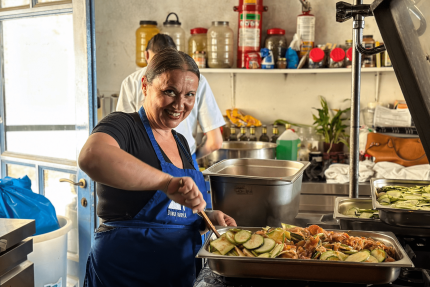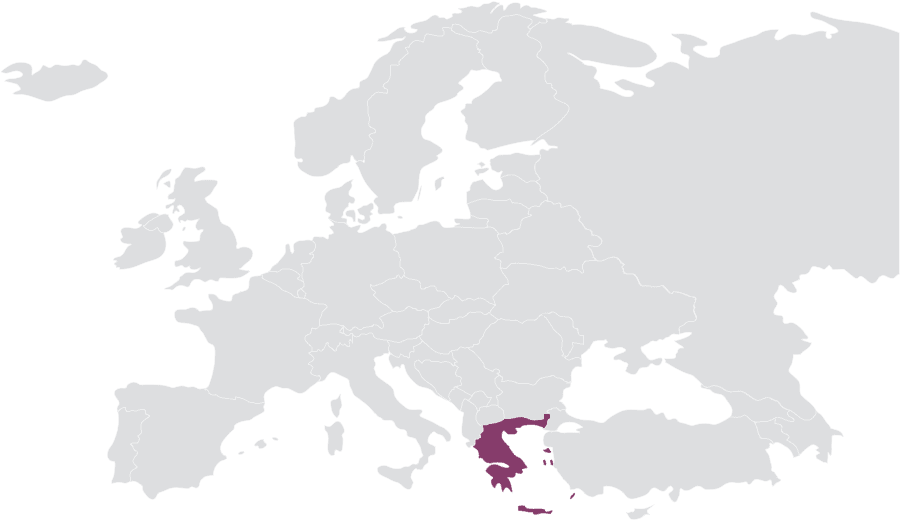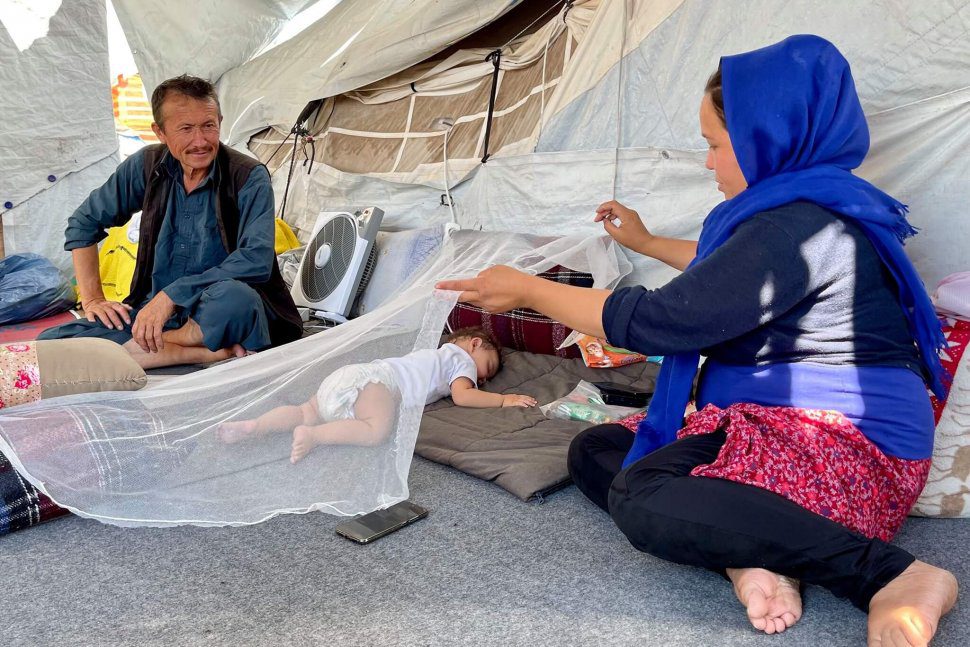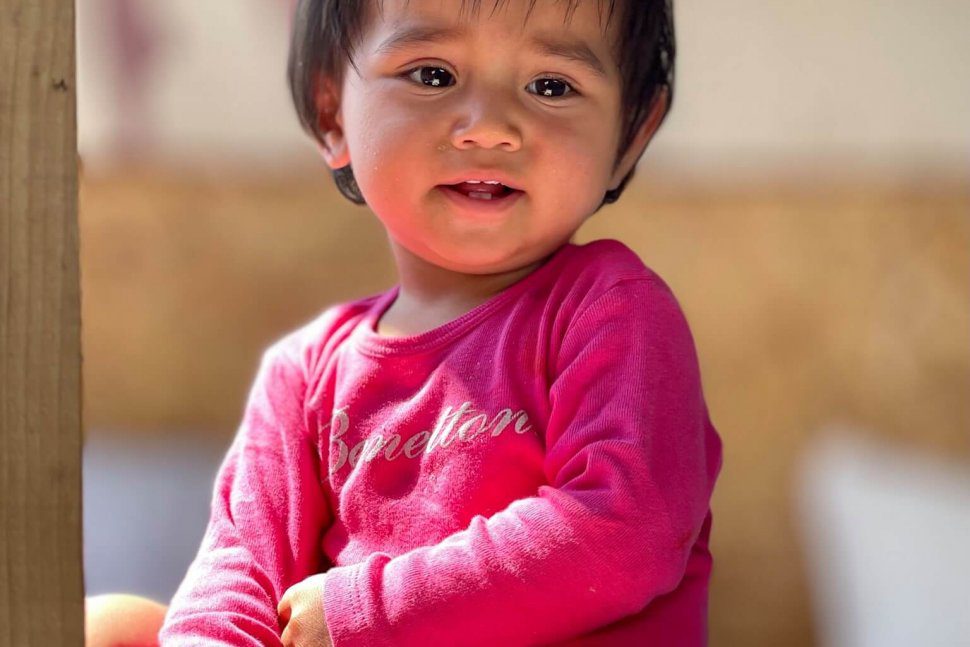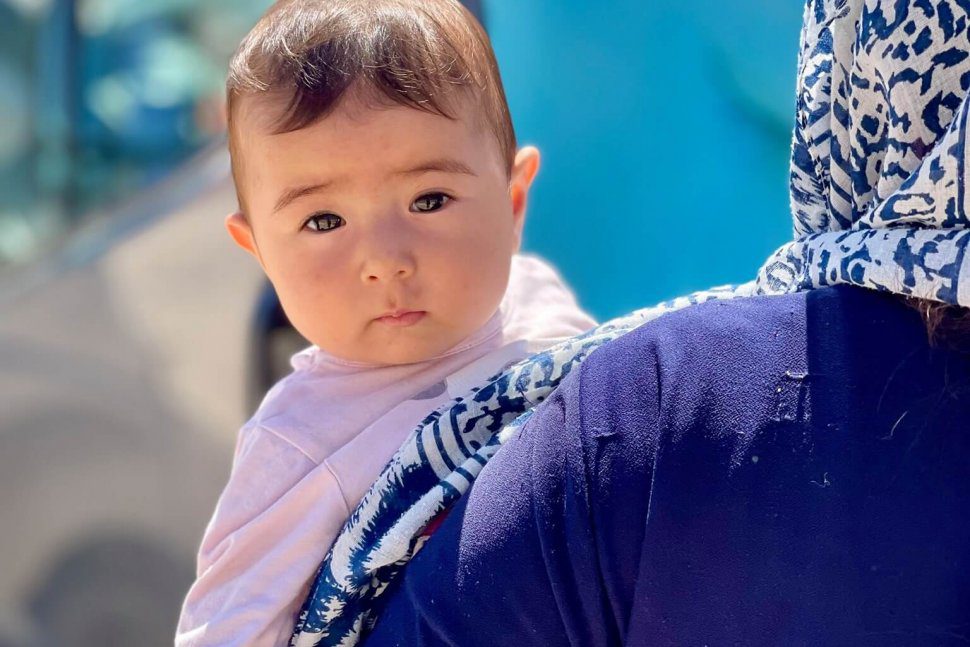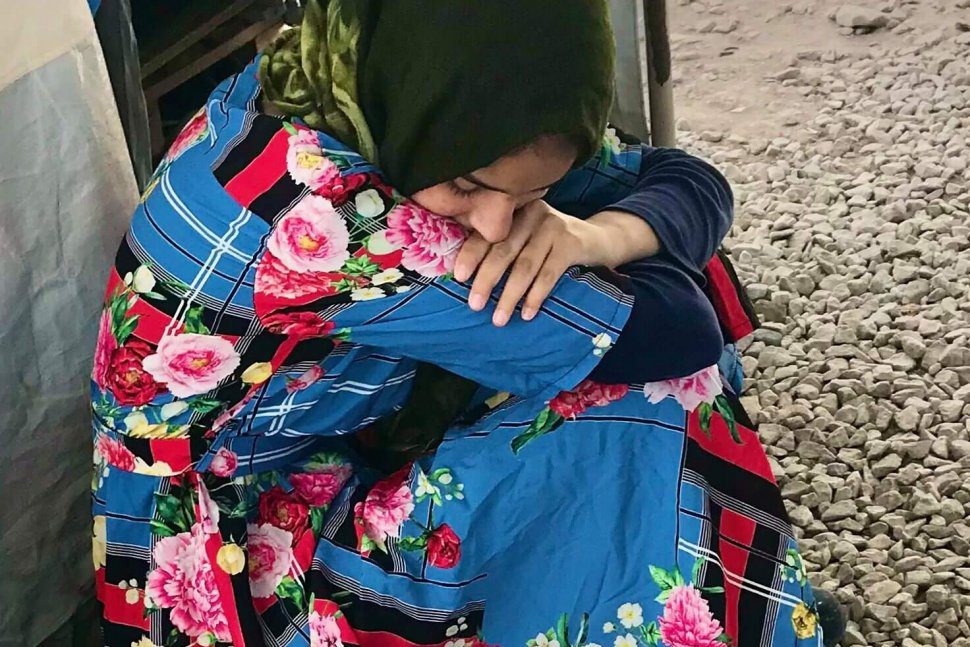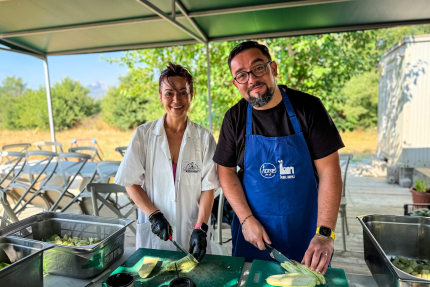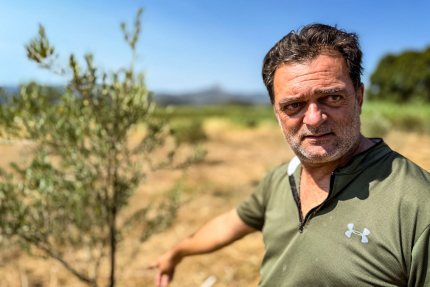Recent events in Afghanistan will not result in fewer refugees. There will be many, many more. Those who did not make the decision to flee their homeland during the last long years of internal conflict with terrorists must now do so without hesitation. As many as 80% of those fleeing are women and children.
Not everyone makes it, not everyone manages to get on the planes departing from Kabul airport, the last bastion of the American troops. Many will die, others will face cruel punishment and torture akin to the Middle Ages. Those who escape persecution will not find a home anywhere, because their home is in the very place where hell is now resurgent. Their will to survive will be met with the stigma of an intruder: a person who is unwanted anywhere, because that is how those who knock on our doors, desperate for help, are treated today.
This scenario is unfolding in many countries. Last year it led to an all-time peak in migration. Due to conflict, persecution and natural disasters caused by climate change, 40.5 million people around the globe left their homes. Among them, nearly half a million Afghans, who constitute nearly half of all the refugees on the Greek islands. Three years ago on the island of Lesbos, in Europe’s largest refugee camp, we set up The Good Factory, which feeds, treats and gives work to people who, fleeing violence, have been stranded on the Greek islands for months, sometimes years. Visiting successive tents in the camp on the Greek island of Lesbos, we meet Afghan women who previously worked as doctors, teachers or journalists. They do not hold a grudge against Europe for not wanting them here. They hold it against those responsible for the fact that their homeland is their main enemy and there is no place for them there.
In a few days or weeks, there will be more boats again. And although the government in Athens assures residents that there will not be another wave, it has been on the rise for several days.
Let us do something for these people together. We must not be indifferent and should not be led to believe that we have no influence on anything. One hot meal for a resident of the camp costs 15 PLN. This is usually the starting point. Once we feed the hungry, we can then address their other most urgent needs.
